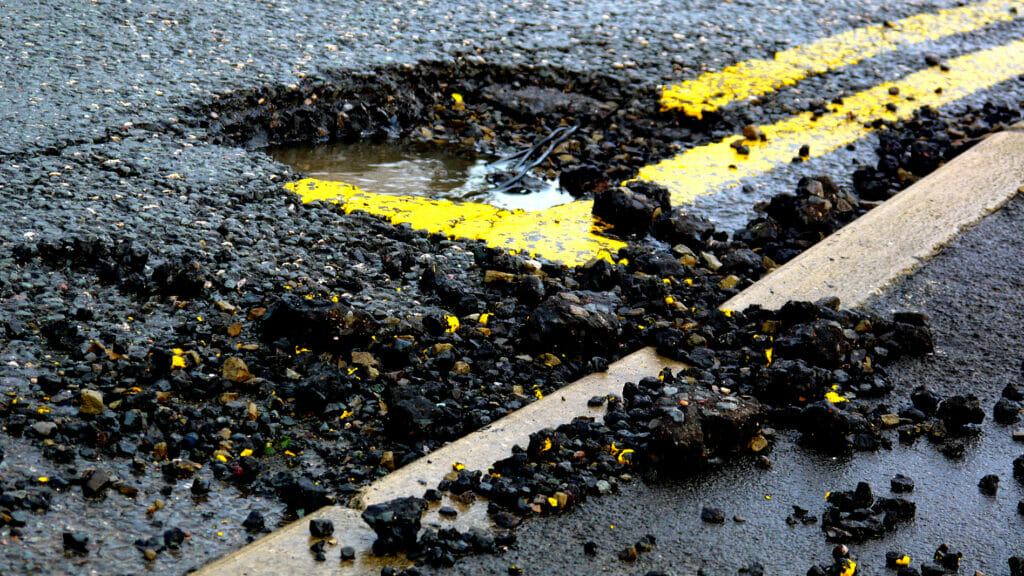A comprehensive parking policy in the works
The Brihanmumbai Municipal Corporation (BMC) claims it has completed drafting a parking policy for the Mumbai Parking Authority (MPA), which would be legally authorised to fine illegal parking. It will go live on a pilot basis early next year in the wards: D (Malabar Hill, Nepean Sea Road), G-South (Worli), K-West (Andheri west) and S (Powai, Bhandup).
The civic body has been under deadline after the High Court ordered parking spaces be designated in the city. While all NOCs have been acquired, the digital platform and a centralised data system is yet to be created. Citizens will be able to view available parking spots through an app, and book in advance on payment. Based on the results of the pilot project across six months, it will be considered for the rest of the city.
Source: The Indian Express
Mumbai’s dabbawalas call for cycling lanes
A study by the Waatavaran Foundation has found that 89% of Mumbai’s dabbawalas want dedicated cycle lanes in the city. Three-fourths of those who were surveyed complained about road traffic affecting their efficiency and safety.
The survey interviewed 220 of the 500 dabbawalas from nine neighbourhoods in the city. Since many of them use the railways, they also asked for cycle-inclusive infrastructures, like ramps and separate wagons for cycles at stations. A similar majority believed their mode of transport reduces air pollution in the city, recommending cycling for all last-mile deliveries in the city, cementing their role as environmentally friendly aspect of the city.
Source: The Indian Express
Read more: Are AC trains in Mumbai attracting car users off the roads?
Fines fly for untucked seatbelts
43,689 drivers and passengers have been fined for not following the new rule of wearing seatbelts since November 1st.
Nearly half the challans were given to drivers, while the rest went to passengers. In the whole year, the police have penalised 1.78 lakh drivers and 56,048 passengers without seatbelts. The rule started being enforced on November 10, after an initial extension. However, the police are still giving concessions to taxis that have yet to install seatbelts on the rear seats.
Source: Hindustan Times

BMC call for road concretisation again
After scrapping tenders for turning 400 km of asphalt roads into cement concrete, the BMC has once again invited bids for them. The difference this time is that the cost is higher, at Rs 6,079 crore.
The previous tenders, valued at Rs 5,806 crore received poor responses, due to outdated estimates from 2018. No major changes have been made to the terms and conditions. Three tenders are regarding roads in the western suburbs, which account for most of the cost. One is for roads in the island city, and the last for roads in the eastern suburbs.
Source: Livemint
COVID-19 expenses under scrutiny
The BMC is facing allegations of corruption on its expenditure across departments during COVID-19, and is currently being investigated by the Comptroller and Auditor General (CAG).
The civic body spent a total of Rs 12,000 crore during the period on various works, including COVID Care Centres, purchase of medical equipment, medicines and oxygen generation plants. The allegations have come after the Maharashtra government, led by Eknath Shinde, wrote to the CAG seeking an inquiry, alleging that contracts worth Rs 4,000 crore were awarded without a proper process and at higher prices.
Source: Mid-day
[Compiled by Sabah Virani]